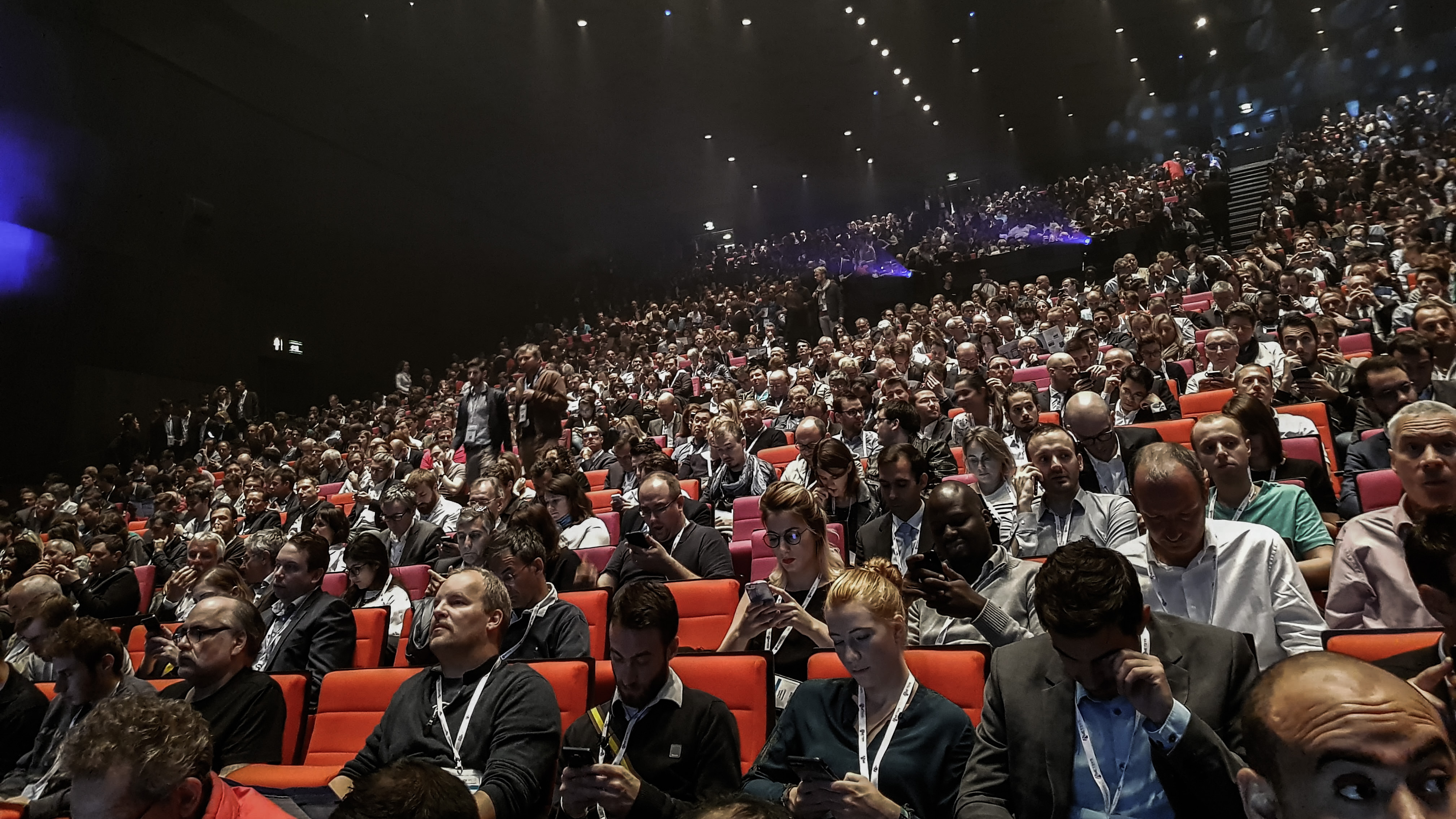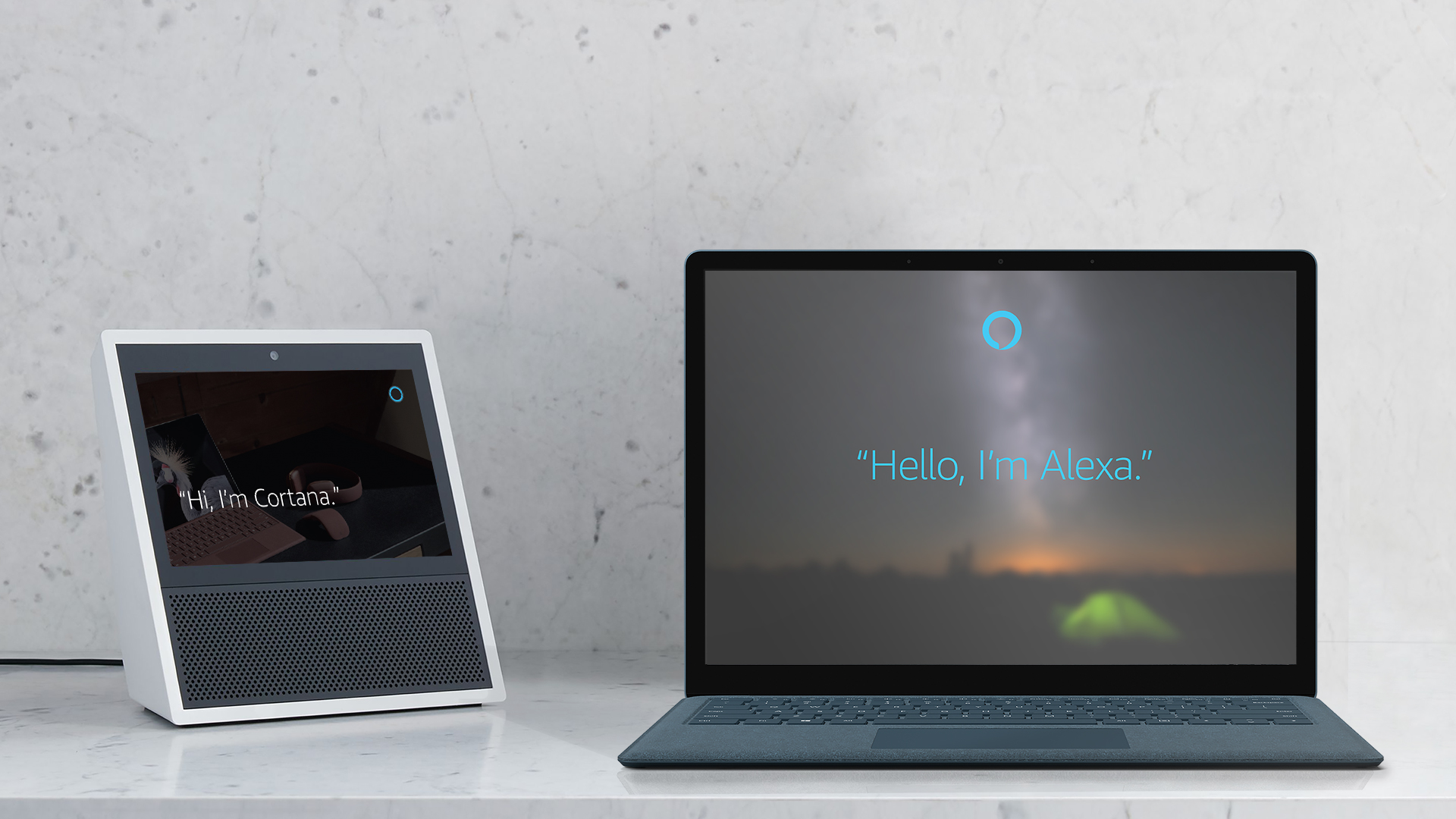Following its reinvention in 2016, Microsoft’s Experiences event, taking place in Paris on October 3 and 4, is the unmissable event of the French digital ecosystem.
It provides a platform for the company to share its vision and commitment, bringing together the French digital ecosystem and industry, by inviting partners and clients to discuss their digital transformation for the benefit and growth of the French economy and its businesses.
Created with digital intelligence in mind, the event welcomes a number of stakeholders to address three main themes – AI, digital confidence, and innovative collaboration. Speakers include Maurice Lévy, Chairman of the Supervisory Board of Publicis Groupe, Antoine Petit, CEO of Inria, and Stephan Haulon, Professor of Vascular surgery at the Marie Lannelongue Surgical Centre, to name but a few examples.
With digital transformation on every businesses mind, the subject of technology, and the winds of change it brings with it, is a crucial one. During Experiences, Microsoft shares its knowledge (and that of its partners and customers) to help attendees better understand power of technology, and its benefits.
Ultimately, leaders, business decision makers, entrepreneurs and developers, will learn how to take advantage of technological innovations and apply them to the solutions of tomorrow.
Combined with an on-site AI Hackademy showcasing the very latest innovations in AI in both home and work environments, businesses large and small will walk away from the event, armed with the learnings they’ll need to evolve their future.
In addition, Microsoft is also mobilizing its partners (including publishers, service companies and startups) at a Job Dating event, to recruit developers, network managers, cybersecurity experts and more. In partnership with the Grande École du Numérique, Paris Code and Fitec, hundreds of job opportunities will be offered by 30 companies, exclusively to young dropout students from establishments.
Overall, with 230 sessions and 15,000 on-site attendees formed from a mixture of partners, customers, influencers and developers (and more watching the Microsoft Experiences live stream online), this year’s Experiences event is shaping up to be the best one yet.

Transformation comes from within
The opening day’s keynote kicked off with Laurence Lafont, Director of Marketing and Operations at Microsoft France, introducing Executive Vice President of Business Development Peggy Johnson on stage to share her thoughts and insights.
Reminiscing about her first steps into the industry, Johnson recalled how she first made the swap from working on anti-submarine warfare technology for General Electric, to a software engineer position at Qualcomm in 1989.
After 25 years of ignoring recruiting calls, Johnson answered Microsoft’s call, after being intrigued by CEO Satya Nadella’s decision to release Office on iOS and Android.
“I went to the Microsoft campus, and found a vibrancy that was exciting. I met with Satya who talked about mobile-first, cloud-first, and was super inspired by Microsoft’s mission statement – to empower every person and every organisation on the planet to achieve more. No company was in a better position to do this than Microsoft, so I took the leap.”
Microsoft’s mission statement echoes around the cavernous halls of the Palais des Congrès convention centre. Walking through the crowds, among the hundreds of booths and demos, there’s a spark in the air. At each turn, you discover passion and excitement – all fuelled by the countless benefits that technology can bring to both individuals, and businesses.
Joining the stage throughout the opening keynote were companies such as Schneider Electric and Adecco, who discussed their shift from being Microsoft customers, to fully-fledged partners, marking their transformation and evolution into true software companies.
Schneider Electric’s partnership with Microsoft, for example, and its choice of Azure for its IoT solutions, has allowed the spread of digital transformation at-scale for industry, accelerating the delivery of cloud-based IoT solutions, increasing the value that companies can offer businesses and organisations across multiple industries.
“By bringing together the strengths of our two companies, we can continue to make IoT valuable, delivering tangible and measurable business results, allowing customers to tap into new data, create new insights and fuel digital transformation in their organization,” said Cyril Perducat, Executive Vice President, IoT and Digital Transformation, Schneider Electric.
But it’s important to remember that Microsoft, too, has embarked on its own transformation journey:
“Microsoft is over four decades old and we, like many companies, are facing the same issues of disruption”, Johnson explained during her keynote session. “How do we navigate tech? How do we keep up with the trends? We looked to the cloud and beyond, going through our own transformation. Not just a change in strategic approach, but we needed a cultural change as well – going from a know-it-all, to a learn-it-all culture.”
This embracing of technology and the willingness to partner with companies like Microsoft can also propel even more traditional businesses into the future.
Take Renault-Nissan – a car company which faces a host of new disruptions. From connected cars, to assisted and even autonomous driving, its long-established industry is changing rapidly.
By allowing Microsoft to take care of the heavy lifting – namely by using the Microsoft Connected Vehicle Platform to lay the groundwork, the company is able to differentiate itself within Microsoft’s platform, allowing it to remain competitive while offering its own unique solutions.

Benefits for all
Recently, Microsoft has surprised the tech industry with partnerships with more unexpected companies, such as Amazon.
In August, in a first-of-its-kind collaboration, both Microsoft and Amazon revealed that their digital agents – Cortana and Alexa, would be able to speak to each other – a testament to the willingness of both companies to transform themselves for the benefit of all.
“For a long time, the industry had an ‘If I have more, you have less’ attitude to partnerships – which aren’t sustainable in the long term”, Johnson explains. “As our culture changed, our view of partnerships changed too.”
“We asked what we can do better for joint customers. If our customers are using both products and it makes them have a better experience, we would integrate the two. So instead of fighting for a piece of the pie, we wanted to grow the pie- that’s our approach going forward.”
Investing in the future
Pour défier, découvrir, et s’immerger dans le monde de l’#IA
– à la maison ???? comme au bureau ????–
➡️Direction l’AI Hackademy à #experiences17 pic.twitter.com/O4Kipts7b8— Microsoft France (@microsoftfrance) 3 October 2017
Microsoft has also begun to invest in startups at earlier stages than ever before, to great success.
“It gives us the ability to engage with the startup community earlier with tech support, helping with growth, and giving our own teams some insights and signals into trend”, Johnson states.
Having also visited Paris’ Station F – the world’s largest startup campus – Johnson left feeling very impressed; “It was fantastic – a stunning building, with such a warm, inclusive environment. I spent time there learning about activities, and talking to startups in the AI space – a big focus area for Microsoft. What an opportunity – I think it’s going to be fantastic for Paris, and the innovators in it.”
Microsoft’s commitment to startups is plain to see in the packed halls of the AI Hackademy, at its Experiences event.
Featuring 35 AI projects developed by startups, partners and more, the AI Hackademy showcases the very best innovations in AI, with case studios and immersive demos aplenty.
With applications ranging from industry to accessibility, to connected homes and the new world of work, the future is out in full force here in Paris, and it looks brighter than ever.




